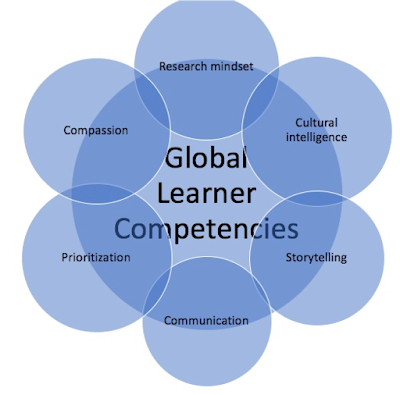Beyond Blended Learning

For a long time now, I have been promoting 'blended learning'. The reasons are various. I have done enough online learning myself to know that the solitary, individualistic learning experience can be a poor alternative to what one may experience in a campus. Besides, most of EdTech is still focused on delivering educational content, but ask anyone about their college days a few years after the fact, all they would remember is the people they met and the experiences they had. Artificial Intelligence, if it ever matches the claims its evangelists make, may perfect educational content delivery but it may never deliver this, the most memorable aspects of an educational experience. But then, I went to school in India and apart from a few truly inspiring encounters, my educational experience mostly consisted of boring lectures and oppressive examinations. One could indeed say that those magical moments made all the drudgery worth it, but I wouldn't really ever want to go back t...




